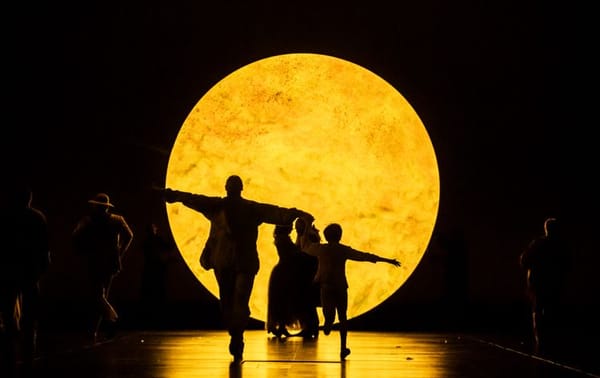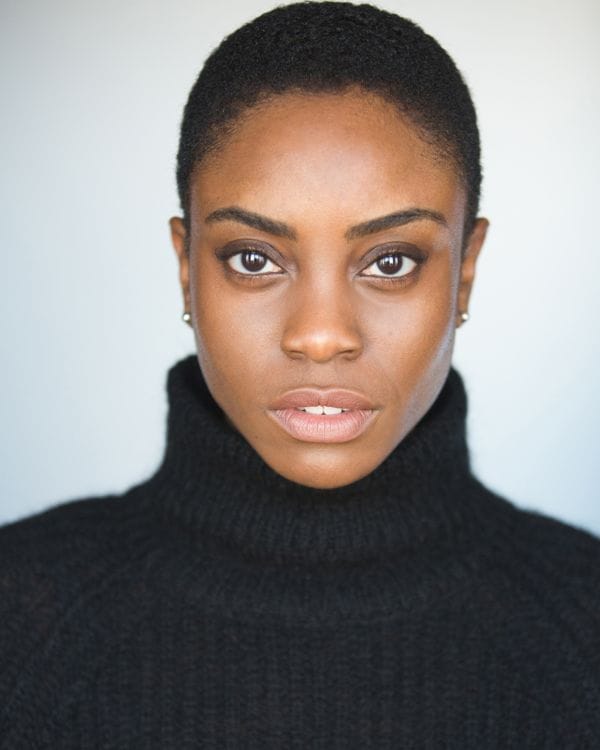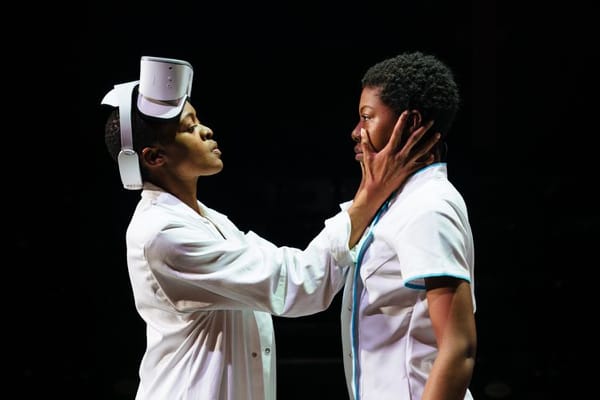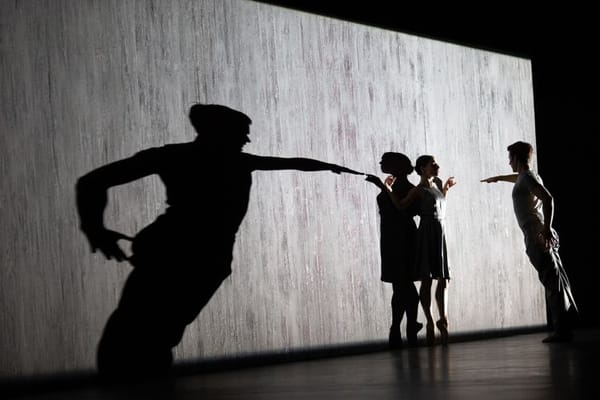The Mikado - Stylish Set, Passé Plot

3.5 stars
The Mikado is perhaps the most well-known of Gilbert and Sullivan’s Victorian-era comic operas, famously set in Japan. Why Japan, one might wonder? Back in 1885, it was all about keeping political satire hidden in plain sight. By setting their scenes in fantastical or wildly foreign locales, Gilbert and Sullivan could excuse their critique of Victorian politics and society.
Their Japan makes no claim to authenticity. It was the Japan seen ‘on vase and jar / on screen and fan’: the cheap imitation goods shipped en masse to Britain in the late 1800s. We can tell from the ‘exotic’ but ridiculously un-Japanese names – our heroine is called ‘Yum-Yum’ and her wide-eyed lover ‘Nanki-Poo’.
In light of actual knowledge about Japan, that sort of thing sounds distinctly racist. In 1986, English National Opera director Jonathan Miller made the brilliantly innovative step of getting rid of the faux-Japan setting entirely. Instead of parodic kimonos and sliding screens, he transformed it into a lush seaside hotel in 1920s Bournemouth. Three decades on, the set by Stefanos Lazaridis is as timeless as ever. Dazzlingly white, palm trees and fountains project opulence while curly-haired French maids and slick butlers in tailcoats enliven the stage. All in all it felt like a riotous cabaret.
If only the plot had aged half as well. The only modern bit was the much-anticipated ‘little list’ where Ko-Ko the executioner, casting about for someone to behead, calls out modern political figures who would ‘not be missed’ if they were gone. It’s updated with every production; here, Boris Johnson and Priti Patel were wittily castigated in rhyme. The audience woke up to roar with laughter at this, then sleepily quietened down for the rest of the performance. Delightful as Lazaridis’ set may be, it cannot hide the fact that there is something distinctly dated about the plot – rather like staging a traditional Punch and Judy in the modern day.
While the caricatures and humour were a little too in-your-face for me, the pensioners in the audience were cackling away. The lead singers, both Harewood Artists (young opera singers beginning their career), were very good. Soraya Mafi was a delightfully coquettish Yum-Yum, her soaring soprano bringing sparkle to both her solo arias and duets. Elgan Llŷr Thomas made a vibrant and innocently earnest Nanki-Poo. Yvonne Howard, as Katisha, was a bit frail and weak for the formidable doyenne she portrayed, but the rest of the singers rounded off the cast solidly. Some less-than-lively conducting of the orchestra by Chris Hopkins perhaps added to the staid atmosphere. Nevertheless, the classic Gilbert and Sullivan farce will be a pleasure to fans of the genre, and promises well-polished entertainment for the uninitiated.









